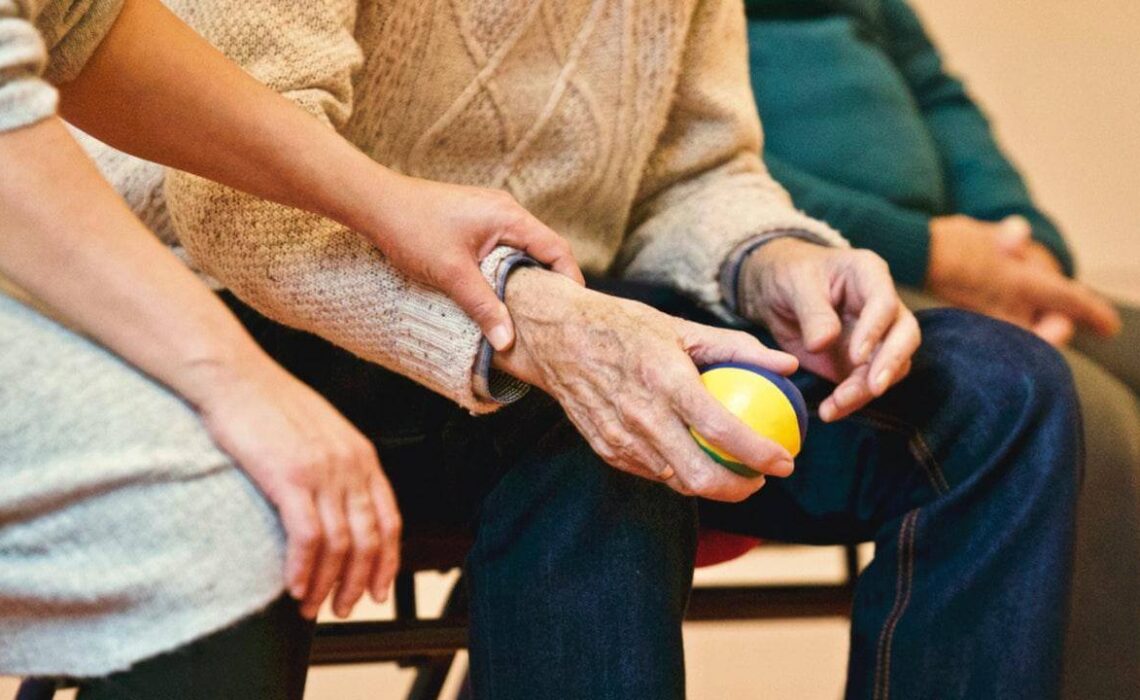Caring for a loved one needs more when a loved one’s health suddenly begins to decline, it could be time to consider 24/7 care for them. Watching a loved one fall ill or becoming older to the point they can no longer care for themselves is hard enough. Finding the right type of care services for the elderly is even harder.
Many families decide to care for their loved one themselves so their loved one can stay in the comfort of their own home. Have you stepped up to the plate? Are you currently caring for a loved one?
Although you’re happy with the decision you’ve made to help, it’s most likely much harder providing the care they need than you once thought. If you’re in need of a few in-home care tips, then continue reading below. Here’s our guide on helpful tips to follow when caring for a loved one.
1. Communicate Loud, Clear, and Several Times
Table of Contents
As your loved one ages, they may suffer from dementia, Alzheimer’s, or memory loss. They might not always remember what certain words mean or how to do certain things. They may need your help doing something for them or showing them how to do it so they can then do it themselves.
When you’re communicating with them, be sure to speak loudly and clearly. You may even need to repeat yourself several times. It can be frustrating for them not always hearing or understanding, and you’ll need to ensure they actually hear and understand you and aren’t simply going along with it.
Once they get into a routine, it’ll be a bit easier for both you and them.
2. Educate Yourself About Their Illness and Equipment
If your loved one does suffer from some type of illness or requires the use of specific equipment to get through each day, then it’s your job to educate yourself not only about their illness but about their equipment as well. Once you understand what’s going on with their body and their mind, you’ll have more patience for them and will know how to help them better.
Knowing how to use the equipment is essential if you want to keep them in good health. Do your own research but also speak with their doctor about these things. You should have the doctor’s number handy in case any questions or concerns come up while caring for your loved one.
3. Write Out the Schedule to Follow
It may take some time to get into a good routine with them. Once you’ve been there to help care for them for several days, you’ll start to develop your own schedule for both of you. Create a routine that works well and then stick to it each day.
Write it out on a piece of paper and hang it on the refrigerator or have a whiteboard to write it out on. Staying consistent with the schedule, medications, lunch, and dinner times, and more is a great way to help your loved one feel more at ease. They’ll know what to expect each day and will come to terms with it, even if it’s something they don’t enjoy such as taking a medication.
4. Keep Good Hygiene in Mind
There are certain things we do throughout the day that we don’t think twice about. Washing our hands after using the restroom or before eating our meals is one of them. Your loved one may not remember to do these things.
Always keep good hygiene in mind. Make sure they’re washing their hands and showering or bathing daily. Make sure they’re brushing their teeth in the morning and help them shave if needed.
You can ask them to wash their hands before eating to ensure it’s being done. You can help them do the other things to ensure those are being done.
According to this reliable Invisalign dentist in Saratoga Springs, an effective dental care routine is important, especially for the elderly as their dental health has naturally deteriorated. Thus, make sure that they brush at least twice a day and floss every night, and visit their dentist regularly.
5. Find Activities They Love
It must not be too much fun sitting inside the same house all day every day. Try to find activities your loved one will enjoy doing. What are some things they used to love but haven’t done in a while?
There are certain activities that you can do with those suffering from dementia or Alzheimer’s that’ll actually help them. Playing cards, doing puzzles, painting, and drawing are just a few activities you can try with your loved one. It gives them something to do, is great for memory care, and helps things feel more normal for them.
6. Remember to Stay Patient
Caring for a loved one isn’t always easy. There are going to be many beautiful and wonderful times, but a few not-so-great times as well. There might be times when they refuse to listen to you, refuse to take their medications, forget who you are, and so on.
Some of these things can be difficult to process. Remember to stay patient with them. They’re not doing it on purpose. You need to find things you can do to relieve stress.
Get some fresh air and give yourself a break when needed. You must take care of yourself in order to take care of someone else. When you’re feeling your best, you can help someone else feel their best.
7. Don’t Be Afraid to Ask for Help

Doing this alone can be a lot for one person to manage. Don’t be afraid to ask for help. Is there another family member who can split a few shifts with you?
It’s always a great idea to have different close and trust-worthy relatives to come in and take on different shifts caring for your loved one. This will help take some of the pressure off of you. You can also consider hiring services.
There is a type of home care service that’ll come into your loved one’s home and care for them there. You can always install nanny cams in the appropriate places and stop by to check in to give you peace of mind.
Use These Tips When Caring for a Loved One
If you’ve found yourself in a situation where a loved one is depending on you for proper care, then be sure to use the helpful tips listed in this guide above. Caring for a loved one is challenging at times, but rewarding in the end.
For other health and fitness topics, be sure to visit here on a daily basis!
- How To Create A Safe And Comfortable Home Environment For In-Home Care In Boca Raton? - July 16, 2024
- 10 Trendy Black Nail Ideas To Elevate Your Nail Game - May 6, 2024
- Getting A Free Divorce In Virginia? Here’s What To Expect - April 24, 2024





No Comments